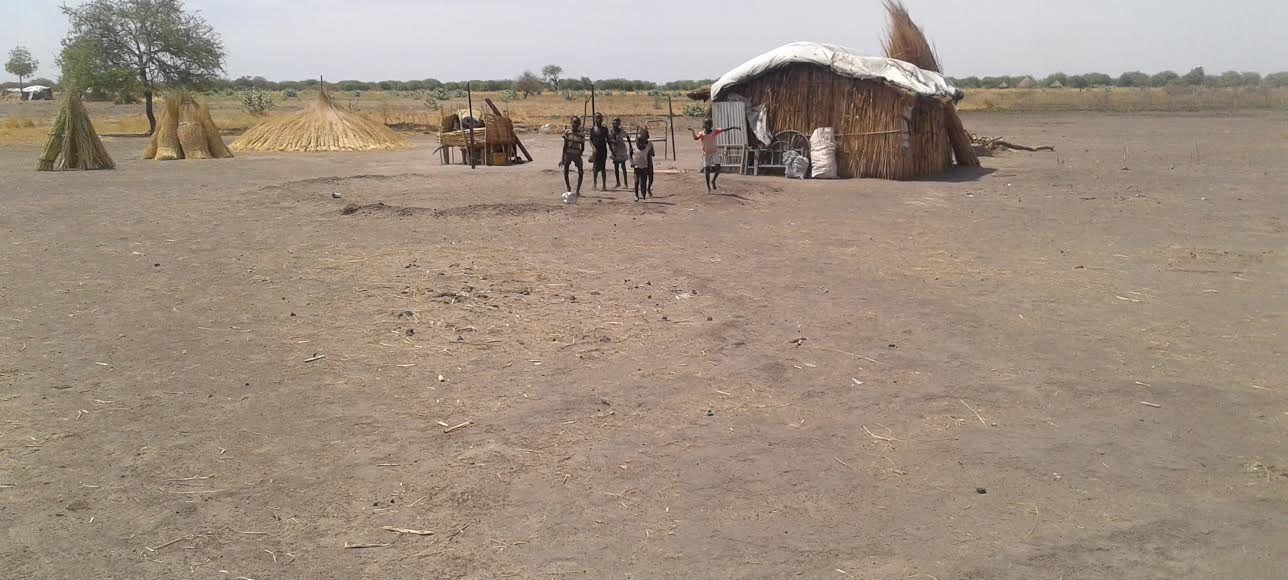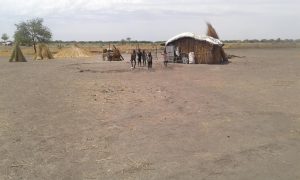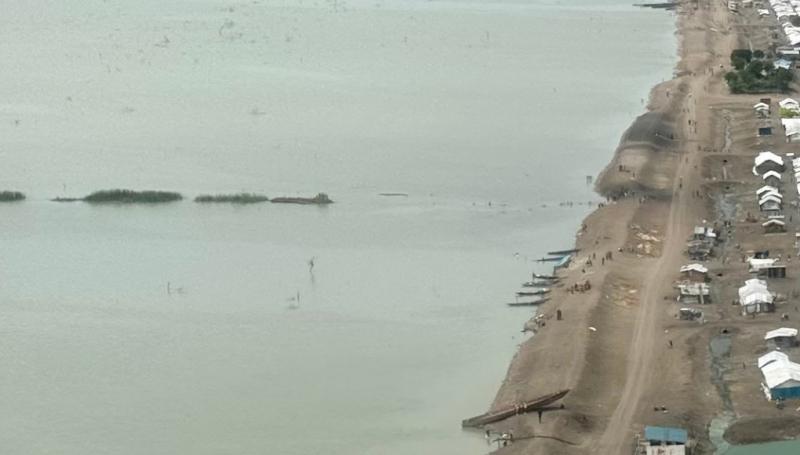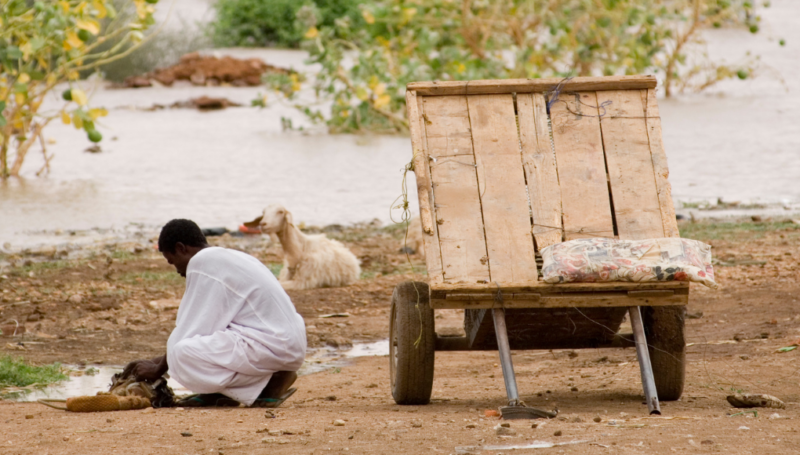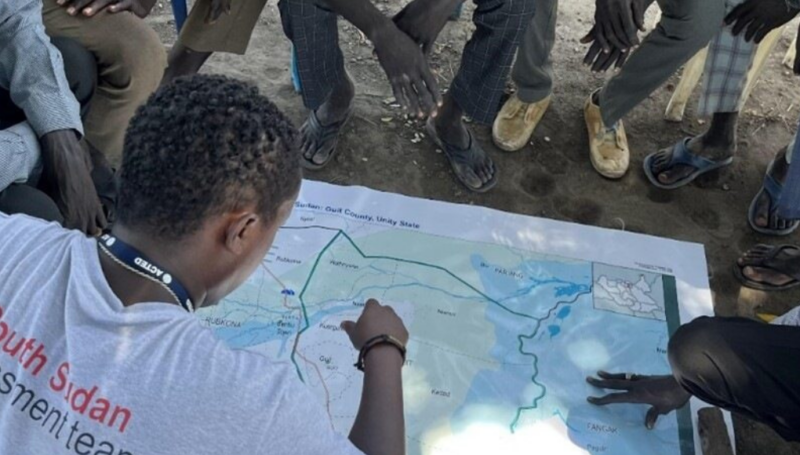Numerous regions in South Sudan are difficult to access due to a variety of factors, including conflict, poor roads and limited phone networks, making it unclear and difficult to identify what the most pressing needs are. During the first week of May, REACH, in cooperation with numerous NGOs and UN agencies, conducted a needs assessment of the population in Kaljaak – a remote village about an hour from Bentiu, the capital of Unity State. This was the first time humanitarian actors accessed this area since the beginning of the conflict in December 2013. Kaljaak is exemplary of numerous difficult to access areas of South Sudan, where humanitarian actors rely on information based on assumptions and “rumors” rather that direct observation and data collection.
Many IDPs living in South Sudan’s formal displacement sites, including Bentiu PoC, regularly commute to their former communities and areas of origin. To better understand the situation and in an effort to systematize the flow of information into usable data that other humanitarians can act on, REACH started collecting information by using this regular flow of movement and information between Bentiu and other parts of Unity State. Working with community leaders in the PoC, REACH mapped out all of the known communities in Unity State, and then built a network of Key Informants (KIs) who receive regular information from these communities.
Kaljaak is thereby only a first example of data REACH will be collecting moving forward on difficult to access areas in Unity State and beyond. REACH found that the population in this area had limited access to health care, clean water, and sufficient food. Additionally, most of their possessions, including cattle, which is the foundation of rural South Sudan’s rural economy, were either stolen or destroyed due to conflict.
By harnessing the regular flow of information between Bentiu and Unity State’s hinterlands, REACH is providing key information to humanitarian actors for advocacy and programming purposes, and ensuring the response is based on a systematized evidence driven approach rather than on assumptions of needs and context in difficult to access areas. To read REACH’s Situation Overview of Unity State, click here.
Image: Unity State, South Sudan





